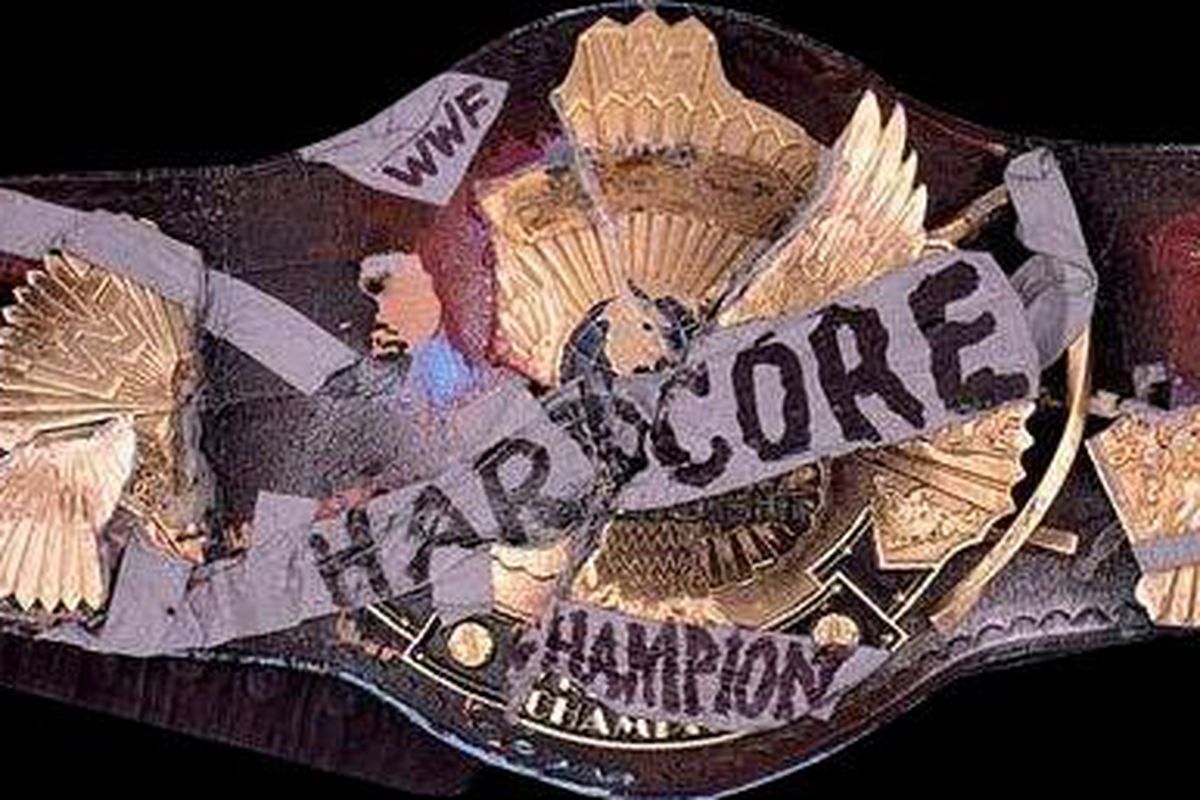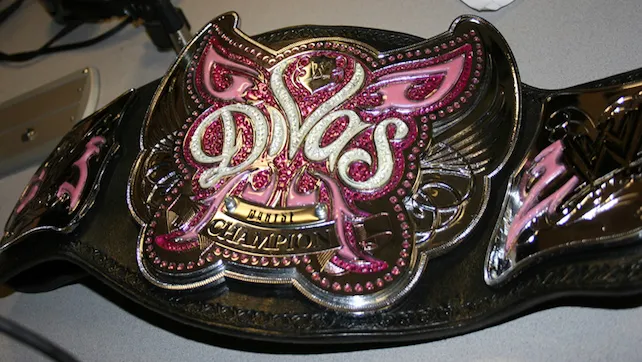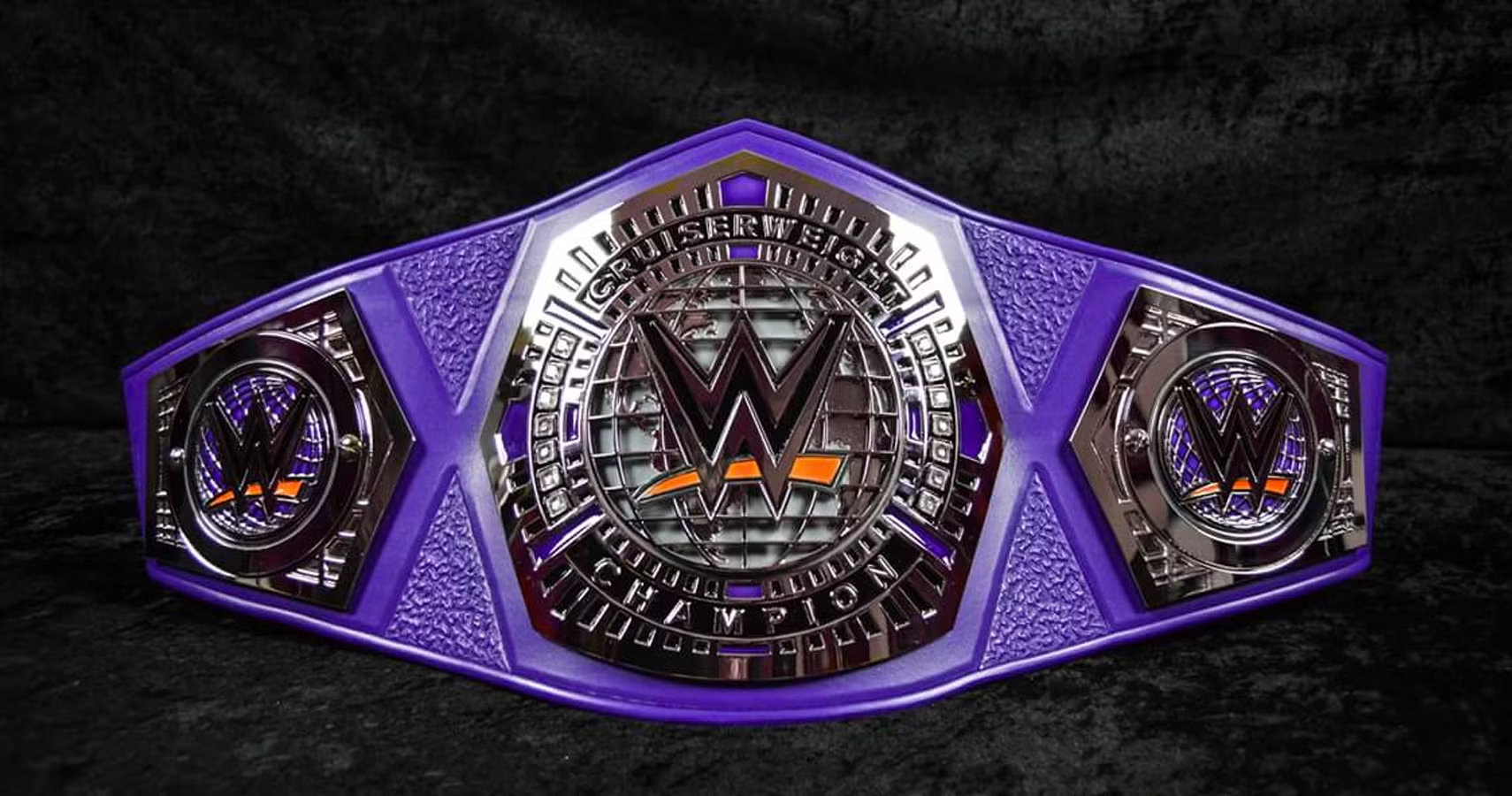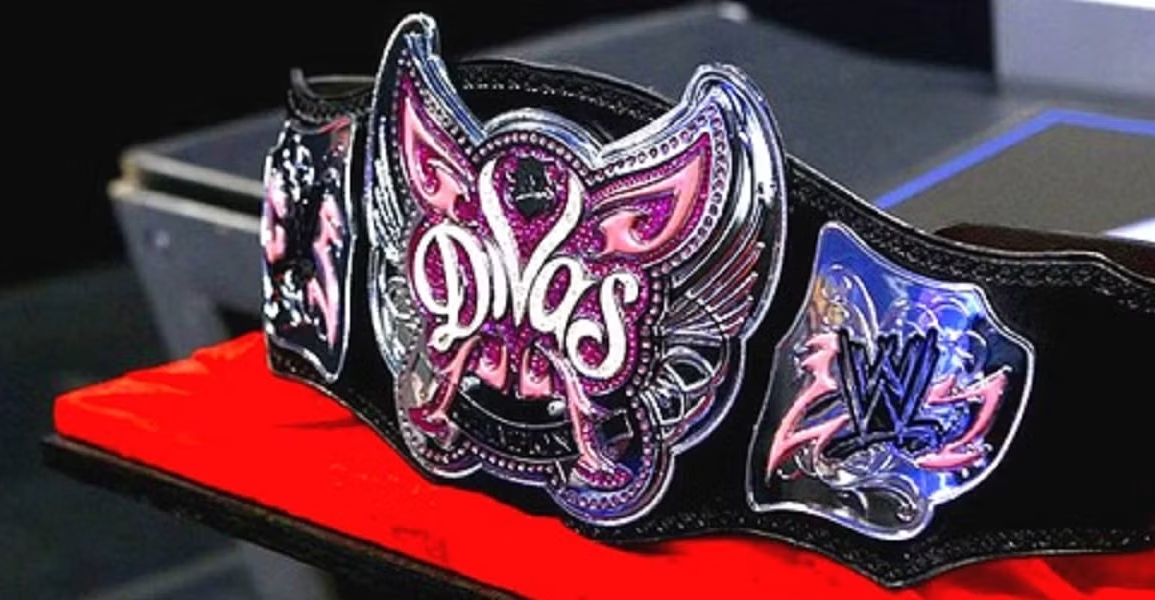Professional wrestling is known for its colorful characters, intense rivalries, and iconic championships. Titles represent the pinnacle of success, and when WWE introduces a new championship, it usually signifies a shift in storytelling or an expansion of divisions. However, not every title gains acceptance. Over the years, WWE has launched belts that left fans and even wrestlers scratching their heads — whether because of confusing concepts, strange designs, or simply being irrelevant. These championships often come and go quietly — or are buried under a storm of criticism. Today, we take a closer look at the most controversial WWE titles that stirred debate and were eventually scrapped. These titles didn’t just miss the mark; they also left a lasting memory for all the wrong reasons.
Here are four infamous titles that sparked controversy, got people talking, and were ultimately retired.
1. WWE Hardcore Championship: From Cult-Favorite to Overexposed Gimmick

When the WWE Hardcore Championship was introduced in 1998, it quickly became a fan favorite thanks to its brutal matches and unpredictable stipulations. Originally awarded to Mankind by Mr. McMahon, the belt symbolized chaos and gave mid-card wrestlers a chance to shine. Its signature “24/7 rule,” which allowed the title to be defended anytime and anywhere, led to some of the most entertaining segments in WWE history.
However, what started as a beloved title soon turned into a gimmick that lost its charm. By the early 2000s, the Hardcore Championship was involved in comedic skits more than meaningful matches. Title changes were happening multiple times in a single night, and the belt was reduced to a prop rather than a prestigious prize.
Criticism grew louder, with fans and wrestlers questioning the point of the title. When WWE unified the Hardcore Championship with the Intercontinental Championship in 2002, it felt like a mercy killing. Despite its early success, the belt’s overexposure and declining match quality led to its demise, making it one of WWE’s most debated titles.
2. WWE 24/7 Championship: Fun Concept or Creative Disaster?

Introduced in 2019, the WWE 24/7 Championship was designed to bring back the unpredictable energy of the old Hardcore title’s 24/7 rule. On paper, it sounded like a nostalgic nod to the Attitude Era, but the reality was a far cry from its inspiration.
The bright green belt was met with near-universal criticism for its cartoonish look, and fans were skeptical about how WWE would handle this “anytime, anywhere” concept in the modern era. What followed was a series of segments that, while initially entertaining, quickly became repetitive and often leaned into slapstick humor.
Celebrities like Rob Gronkowski and Bad Bunny won the title, and while that brought mainstream attention, it did little to improve the belt’s credibility. Instead of intense matches, fans were treated to a parade of roll-up victories and awkward backstage skits.
By 2022, WWE quietly phased out the 24/7 Championship, acknowledging its failed potential. Though it gave underused talents some screen time, the title is largely remembered for being more of a running joke than a serious championship.
3. WWE Divas Championship: Glitter, Glamour, and Controversy

Perhaps no title has been more divisive than the WWE Divas Championship. Introduced in 2008 as a counterpart to the Women’s Championship, it was meant to highlight the women’s division on SmackDown. But from its butterfly-shaped design to the “Divas” branding, the belt became a symbol of WWE’s often-criticized treatment of female talent during that era.
Many fans and even wrestlers felt that the Divas Championship undermined the athleticism and legitimacy of women’s wrestling. The name “Diva” itself was seen as reductive, reducing women to personalities and looks rather than athletes. Despite great champions like Beth Phoenix, AJ Lee, and Paige, the title struggled to be taken seriously.
As the Women’s Evolution gained momentum in WWE, and more fans pushed for serious women’s wrestling, the Divas title became a glaring reminder of the past. Finally, in 2016, WWE retired the Divas Championship at WrestleMania 32, replacing it with the WWE Women’s Championship, signaling a fresh start and a commitment to treating women equally in the company. The Divas belt remains one of the most controversial titles ever introduced.
4. WWE Cruiserweight Championship (205 Live Era): Mismanaged and Forgotten

When WWE relaunched the Cruiserweight Championship in 2016, hopes were high. The Cruiserweight Classic tournament was a massive success, showcasing incredible talents like T.J. Perkins, Kota Ibushi, and Zack Sabre Jr. The new championship was supposed to be a platform for lighter, high-flying wrestlers — a throwback to the revered WCW Cruiserweight Division.
Unfortunately, those hopes were quickly dashed. The title was initially featured on Monday Night Raw, but poor storytelling and underdeveloped characters led to a lack of interest. Even when 205 Live was created as a dedicated show, it struggled to find an audience. Many fans felt WWE didn’t invest enough time or creative effort to make the division shine.
While the matches themselves were often high-quality, inconsistent booking and lack of exposure outside niche audiences led to a steep decline in relevance. The belt was quietly rebranded as the NXT Cruiserweight Championship before being completely unified with the NXT North American Championship in early 2022.
The Cruiserweight title’s failure to reach its full potential makes it a prime example of WWE introducing a title without a clear long-term plan — and fans haven’t forgotten that misstep.
Why These Titles Still Spark Debate Today
These controversial WWE titles serve as reminders that creating a championship isn’t just about introducing a new belt — it’s about having a vision, consistency, and respect for the division it represents. Whether it’s the Hardcore Championship becoming too gimmicky, the 24/7 title losing purpose, the Divas Championship misrepresenting women’s wrestling, or the Cruiserweight Championship being underutilized, each of these titles represents lessons learned the hard way.
Fans care deeply about championships because they reflect who gets to stand at the top of their division. When WWE misses that mark, backlash is inevitable. Even years after these belts were discontinued, conversations around them continue, as they remind us of both WWE’s missteps and evolving relationship with its audience.
Which of these titles do you think deserved a second chance — and which one should have never been introduced?


